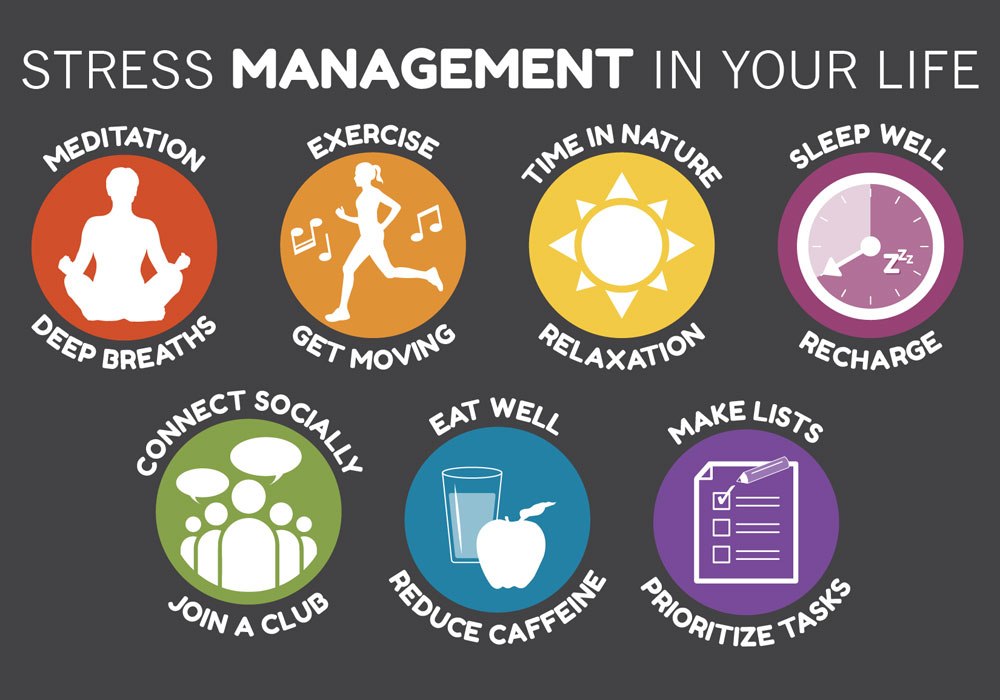In the fast-paced rhythm of modern life, stress has become a common companion for many. However, understanding the science behind stress is the first step toward managing it effectively. Let’s delve into the intricate world of stress, exploring its mechanisms and unveiling strategies to navigate its challenges.
1. The Physiology of Stress:
Fight or Flight Response: Stress triggers the body’s innate “fight or flight” response. The brain signals the release of hormones like cortisol and adrenaline, preparing the body to face a perceived threat.
Alarming Short-Term Benefits: In the short term, stress can enhance focus and performance. However, chronic stress can lead to an array of health issues, both physical and mental.
2. Types of Stress:
Acute Stress: This is the most common form, often stemming from daily pressures and demands. It’s a normal response and usually short-lived.
Chronic Stress: When stress persists over an extended period, it becomes chronic. This type can result from ongoing challenges like work-related issues, financial troubles, or health concerns.
3. Recognizing Stressors:
Identifying Triggers: Understanding your personal stressors is crucial. They can be external (work deadlines, relationship issues) or internal (negative self-talk, perfectionism).
Mind-Body Connection: Stressors can manifest physically, emotionally, or behaviorally. Pay attention to headaches, muscle tension, mood swings, or changes in sleep patterns.
4. Impact on Mental Health:
Cognitive Effects: Chronic stress can impair cognitive function, leading to difficulties in concentration, memory, and decision-making.
Emotional Toll: It often contributes to mood disorders such as anxiety and depression, intensifying emotional responses and diminishing overall well-being.
5. Strategies for Effective Stress Management:
Mindfulness and Meditation: Practicing mindfulness and meditation can help break the cycle of stress. These techniques encourage staying present and calm amidst challenges.
Regular Exercise: Physical activity is a potent stress reducer. It releases endorphins, the body’s natural mood elevators, and promotes a sense of well-being.
6. Healthy Lifestyle Choices:
Balanced Nutrition: Eating a well-balanced diet nourishes the body and mind, providing the energy needed to cope with stress.
Adequate Sleep: Quality sleep is fundamental for stress recovery. Establishing a consistent sleep routine contributes to overall resilience.
7. Social Support Networks:
Open Communication: Share your feelings with trusted friends, family, or a mental health professional. Social support is a powerful buffer against stress.
Build Strong Connections: Cultivate meaningful relationships. A robust social network provides a sense of belonging and emotional sustenance.
8. Time Management Techniques:
Prioritization: Learn to prioritize tasks and set realistic goals. Break larger tasks into smaller, manageable steps.
Effective Planning: Develop effective planning strategies. Having a clear roadmap for your day can reduce feelings of overwhelm.
9. Mind-Body Practices:
Yoga and Tai Chi: These practices combine physical movement with breath control and meditation, fostering relaxation and resilience.
Art and Music Therapy: Engaging in creative activities can be therapeutic. Art and music provide avenues for self-expression and stress release.
10. Professional Help:
Counseling and Therapy: If stress becomes overwhelming, seeking professional help is a sign of strength. Therapists can provide tools and coping strategies tailored to individual needs.
Psychiatric Support: In some cases, medication may be necessary. Psychiatric support can help manage symptoms when other interventions are insufficient.
Understanding the science of stress empowers individuals to navigate life’s challenges with resilience and grace. By incorporating stress management strategies into daily life, one can foster not only mental and emotional well-being but also enhance overall quality of life. Remember, managing stress is not about eliminating it entirely but developing the tools to respond to it effectively.

